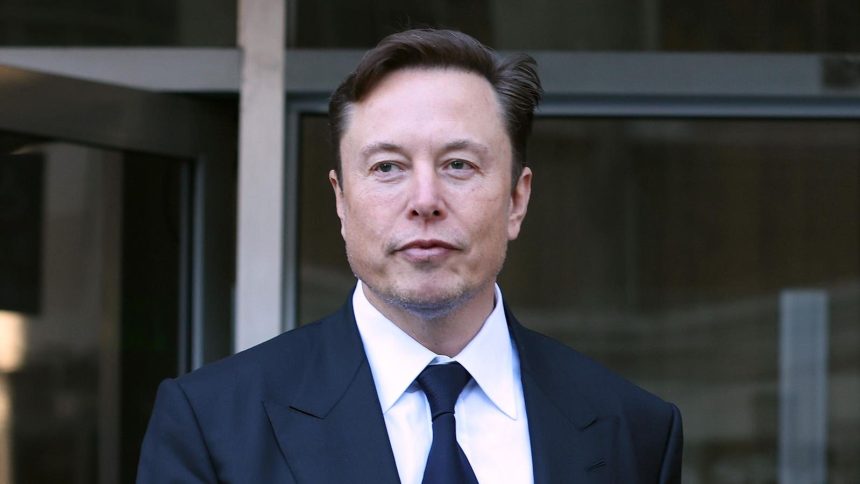Elon Musk’s foray into British politics took a dramatic turn as he publicly called on King Charles III to dissolve parliament and trigger a new general election. This demand, amplified on Musk’s social media platform X (formerly Twitter), stemmed from accusations against the Labour government’s handling of historical “grooming gangs” cases, specifically during the period when current Prime Minister Keir Starmer served as Director of Public Prosecutions. Musk’s pronouncements ignited a firestorm of controversy, with British officials labeling his claims as “factually inaccurate” and critics accusing him of amplifying misinformation and diverting attention from the victims.
Musk’s accusations centered on Starmer’s alleged failure to prosecute child sexual exploitation cases effectively between 2008 and 2013. He leveled intensely personal attacks, accusing Starmer of complicity in what he termed “the RAPE OF BRITAIN,” a phrase that drew widespread condemnation for its inflammatory rhetoric. Going further, Musk demanded that Jess Phillips, a minister for safeguarding, resign and face imprisonment for rejecting a government-led inquiry into child sexual exploitation in Oldham, England. Musk’s claims ignored the fact that a similar request for a government inquiry had been denied by the previous Conservative government, and that Phillips supported a local inquiry by Oldham officials.
The incident underscores Musk’s increasing involvement in global political discourse, often characterized by his embrace of right-wing figures and narratives. He has shown a pattern of aligning himself with far-right movements in various countries, including the UK, Germany, and Italy. In Britain, he has engaged with Nigel Farage, leader of the Reform UK party, and publicly supported Tommy Robinson, a controversial figure convicted of contempt of court for repeatedly violating orders related to libelous claims. Musk’s defense of Robinson, falsely claiming he was imprisoned for speaking out against child sexual abuse, has been particularly criticized.
The power to dissolve parliament technically resides with the monarch, but historically, this action occurs at the request of the prime minister, typically in preparation for a general election. While there are specific circumstances under which the monarch could refuse such a request, it is a highly unusual scenario. Musk’s call for King Charles to intervene directly in this manner represents a significant departure from established political norms and has been widely dismissed as unrealistic and inappropriate.
The controversy surrounding Musk’s pronouncements further highlights the ongoing debate about the role of social media platforms in disseminating information, particularly concerning sensitive and complex issues like child sexual exploitation. Critics argue that Musk’s actions, fueled by his substantial online influence, risk perpetuating misinformation and undermining legitimate efforts to address these critical societal problems. His tendency to amplify unsubstantiated claims and engage in personal attacks against public figures raises serious concerns about responsible online discourse and the potential for harmful consequences.
Musk’s actions have drawn sharp criticism from across the political spectrum in the UK. Conservative MP Alicia Kearns accused him of distracting from the victims and failing to critically assess the information he shares online. The Conservative Party itself reportedly criticized Musk for spreading “factually inaccurate” information. This condemnation from both sides of the political aisle reflects the seriousness with which his intervention has been viewed. The incident serves as a stark reminder of the potential for powerful individuals on social media to distort public discourse and inflame sensitive political issues, highlighting the need for critical thinking and responsible online engagement.



